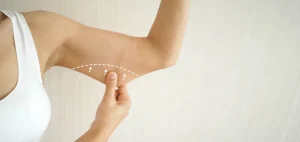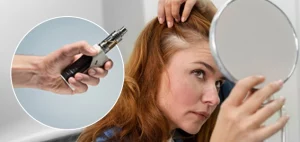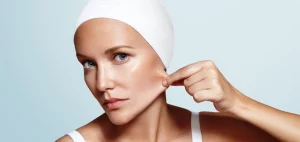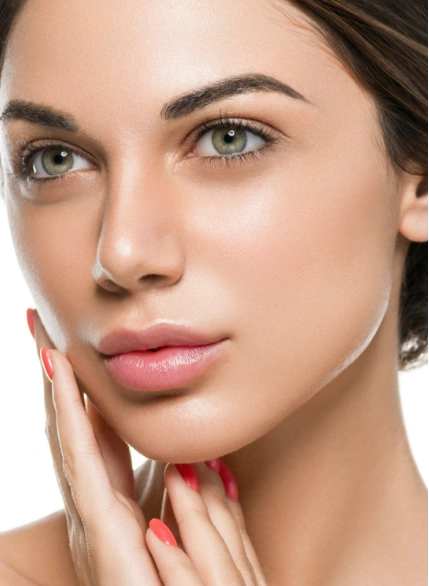Table of Contents
Platelet-rich plasma (PRP) therapy is a versatile and effective treatment for various medical and aesthetic concerns, including promoting hair growth, rejuvenating the skin, and aiding tissue repair. Despite its proven efficacy, a notable guideline often accompanies PRP treatments: the recommendation includes avoiding certain regular intakes, some of which might be very addictive. This brings up the question, “why no caffeine after PRP?” Delving into this topic, we seek to uncover the complex interplay between caffeine and PRP, elucidating why this restriction is advised for individuals striving for optimal results from their PRP journey.
What is Caffeine?
Caffeine is a natural stimulant found in tea, coffee, and cacao plants. It boosts alertness by stimulating the brain and central nervous system, helping to ward off fatigue.
Its widespread use spans millennia, with approximately 80% of the world’s population consuming caffeinated products daily.
Side Effects of Caffeine
Caffeine is very common and is widely consumed – however it has certain side effects, some of them are as follows:
- Insomnia or difficulty falling asleep
- Increased heart rate or palpitations
- Nervousness or restlessness
- Headaches or migraines
- Digestive issues such as stomach upset or diarrhea
- Increased blood pressure
- Dependency or addiction
- Withdrawal symptoms like irritability or fatigue when discontinuing use
Why No Caffeine After PRP
It is a recommendation from numerous health care providers that caffeine must be avoided after PPR treatment to get the full and smooth benefits of PRP treatment, because it can restrict blood vessels, hampering nutrient delivery and impeding the healing process. Caffeine may also worsen inflammation and contribute to dehydration, both of which could hinder the body’s ability to heal effectively.
How Does PRP Work?
Platelet-rich plasma (PRP) works by harnessing the natural healing properties of platelets found in the patient’s own blood. During the treatment, a small amount of blood is drawn and centrifuged to separate the platelets and plasma from other blood components.
The resulting platelet-rich plasma is then injected into the targeted area, where the concentrated platelets release growth factors and other bioactive proteins that promote tissue regeneration, repair damaged cells, and stimulate the body’s natural healing response.
This process enhances healing, reduces inflammation, and accelerates recovery in various conditions, including musculoskeletal injuries, osteoarthritis, tendonitis, and skin rejuvenation.
PRP Aftercare
Following are the aftercare suggestions to follow to boost the effectiveness of PRP treatment:
- Avoid Caffeine: Steer clear of caffeine-containing beverages or products, as caffeine can constrict blood vessels, exacerbate inflammation, and contribute to dehydration, potentially interfering with the healing process.
- Hydration: Maintain adequate hydration by drinking plenty of water to support the body’s healing processes.
- Avoid Alcohol: Refrain from consuming alcohol for a few days after treatment, as it may impede the healing process.
- No Smoking: Avoid smoking during the recovery period, as it can hinder the body’s ability to heal effectively.
- Gentle Activity: Engage in light activities, but avoid strenuous exercise or heavy lifting to allow the treated area to heal properly.
- Protect the Area: Avoid applying pressure or trauma to the treated area and shield it from direct sunlight or extreme temperatures.
Conclusion
Healthcare professionals advise against caffeine intake following PRP treatment to support smooth healing and effective platelet action in the regeneration process.
For exceptional care and tailored wellness solutions, choose Syra Aesthetic. Their dedication to your health ensures optimal outcomes throughout your post-PRP journey.
Count on Syra Aesthetics for comprehensive support towards a healthier, happier you.

About The Author
Dr. Syra Hanif M.D.
Board Certified Primary Care Physician
Dr. Hanif is the Director of Aesthetic Medicine. She is a board-certified physician in Aesthetic Medicine who specializes in using non-surgical alternatives in order to enhance one's appearance through Botox and fillers.
Read More












